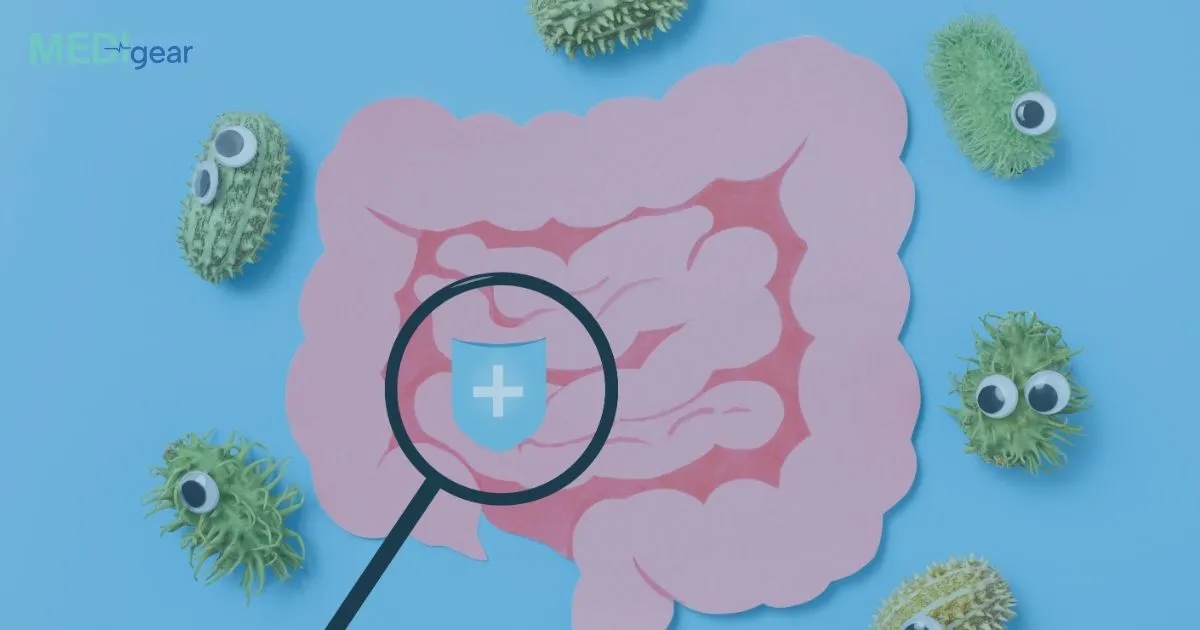Advancements in artificial intelligence (AI) are reshaping healthcare, particularly in the field of predictive health monitoring. By analyzing large amounts of medical data, AI can help forecast potential health risks, allowing early interventions that improve outcomes and reduce costs.
What Is Predictive Health Monitoring?
Predictive health monitoring uses data from wearable devices, electronic health records (EHRs), medical imaging, and laboratory results to anticipate medical events before they occur. For example, an AI system can detect patterns suggesting the onset of heart disease, respiratory issues, or diabetes complications.
How AI Enhances Predictive Monitoring
- Data Integration – AI combines information from multiple sources (wearables, lab results, lifestyle factors) to build a comprehensive health profile.
- Early Detection of Risks – Machine learning algorithms can detect subtle changes in patient data, signaling early stages of diseases like heart failure or chronic kidney disease.
- Personalized Insights – AI tailors predictions to individual patients, considering genetic, lifestyle, and environmental factors.
- Continuous Monitoring – AI-powered wearables track real-time health metrics such as heart rate, oxygen saturation, sleep quality, and activity levels.
- Resource Optimization – Hospitals and clinics use AI forecasts to allocate resources effectively, reducing unnecessary admissions and improving patient management.
Real-World Applications
- Cardiology: Predicting arrhythmias or heart attacks by analyzing ECG data.
- Diabetes Care: Monitoring glucose trends and warning of potential hypoglycemia.
- Oncology: Identifying biomarkers that may indicate cancer risk or recurrence.
- Mental Health: Detecting mood changes through voice analysis, sleep tracking, and activity data.
Benefits and Challenges
Benefits:
- Earlier interventions and better patient outcomes
- Reduced healthcare costs
- Improved chronic disease management
- Enhanced patient engagement
Challenges:
- Data privacy and security concerns
- Need for robust regulatory frameworks
- Possible algorithmic bias due to non-representative data
- Integration difficulties with existing healthcare systems
The Future of AI in Predictive Health Monitoring
The future lies in more accurate, ethical, and inclusive AI models that can predict illnesses before symptoms appear. With continued innovation, AI has the potential to transform healthcare from a reactive system to a proactive and preventive model.
Disclaimer: This article is for informational purposes only and should not be taken as medical advice. Predictive health monitoring using AI is an evolving field, and its applications may vary by healthcare setting. Always consult a qualified healthcare professional for personal medical concerns.






